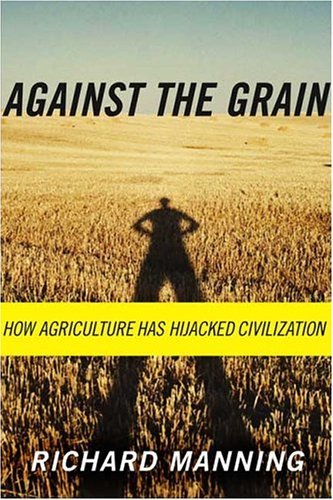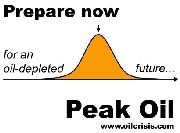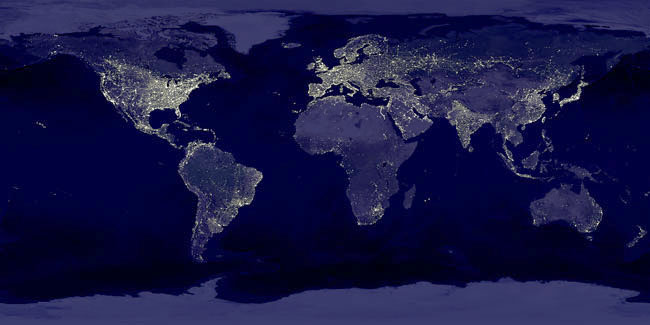 “Against the Grain: How Agriculture Has Hijacked Civilization”
“Against the Grain: How Agriculture Has Hijacked Civilization”
Richard Manning
2004 North Point Press
Agriculture has domesticated humans. This is the argument at the center of Richard Manning’s stunning history of food. Written with journalistic flavor, Manning explores the ways that agriculture has diminished human life and threatens the planet itself.
The book begins by exploring the hunter-gatherer lifestyle, in many ways superior to our own even at the height of industrial capitalism. Hunter-gatherers, it turns out, ate a wider variety of tasty foods, worked far less, and lived much more sensually and connected than “civilized” humans. About 10,000 years ago, certain groups of humans traded all this in for security, namely the ability to stay in one spot and harvest grain to be stored for future food.
What this crop manipulation produced, however, was the first wealth inequality known to the species, as leaders left working the fields to their followers. In time, these stationary and hierarchical societies expanded and conquered/killed their hunter-gatherer neighbors. Soon enough crops like wheat, corn, and rice spread across the globe through violence and disease.
Manning focuses on these three crops because, as he explains, some 2/3 of all calories consumed today originate with them. In the US, corn is especially dominant, made into all kinds of commodities, for example corn syrup which can be found in just about everything we eat now. The dominance of these few grains is a consequence of capitalism, as they lend themselves easily to processing and storage – making them ideal commodities.
But an important plot twist in the story of grain’s dominance lies hidden in the open. Farm subsidies, especially in the US and Europe, distort the market to make these crops extremely cheap at the expense of all other nutrition. This has the added effect of enriching a few large agribusiness corporations (like Archer Daniels Midland) that grow or process them from enormous monocrop fields, although at the cost of ruining millions of small farmers all over the world. Our health, and the health of the planet are likewise jeopardized by the overabundance of these few crops produced with massive inputs of oil and chemicals.
Nevertheless, Richard Manning is able to summon the hope at the end of the book that our food system doesn’t have to be this way. Finding a distinction between agriculture and “simply growing food”, he argues that we can build an economy based on feeding people, and not just accumulating wealth. Organic agriculture, permaculture, intercropping, farmer’s markets and co-ops all point in this more just and sustainable direction, and awareness of the superiority of these more human methods has been growing at a phenomenal rate.
If we can nourish ourselves by reconnecting with the land and our sensual natures, perhaps we can also heal society and the planet. Against the Grain is a big step in educating us for that effort. Highly recommended.




Leave a comment
Comments feed for this article